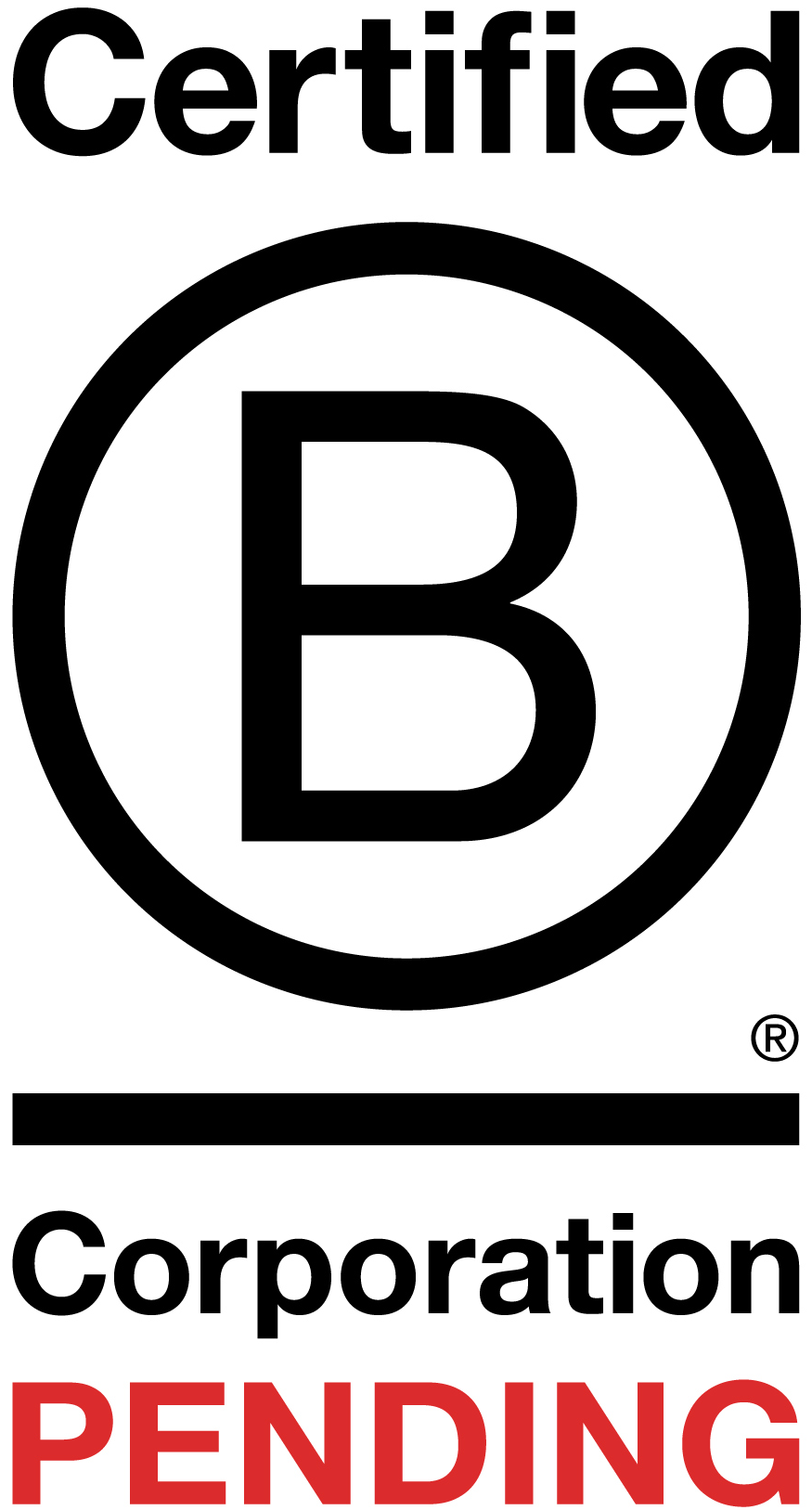How do exchange rates affect a business?
In this article we look at the effect of exchange rate fluctuations on a business and the impact on their sales and profitability

The reason a business may require cross border payments are many and varied. The easiest way to look at the impact of currency fluctuations on a business is to break them down into their two main categories, those who export and those who import.
Exporters:
All businesses sell something, whether it be a product or a service, money changes hands for what they have to offer. For businesses that sell a fairly unique or in demand product or service, or one that is perhaps unique simply because it can only be obtained from that country or region, sometimes they may sell this product or service overseas but priced in their home currency. The nature of the product they sell places them in a position of relative luxury, they can for afford to price it in GBP (for the purpose of this article all examples are based on UK businesses, whose functional or home currency is GBP) even when selling to customers in Europe. This places the direct exchange rate risk on to the buyer, however this does not matter to the seller as the nature of their product means the buyer has little alternative choice. This situation does not mean the seller is completely unaffected by exchange rate movements, if GBP strengthens it will make their product more expensive for the buyers which may affect their sales, but it certainly has less direct impact on them.
In reality for most businesses this situation is fairly rare. Most businesses face competition both from other UK based companies selling the same product or service in the same territories, as well as more crucially from businesses selling locally and from elsewhere in the world. Because of this, in order to be as competitive as possible most businesses have no choice but to price their product in the local currency for the territory they are selling into. They will need to price their product in the local currency at a price that drives sufficient enough sales at enough of a margin to enable them to turn a profit. Once this price is set, exchange rate movements will have a direct impact on their sales, their margin and ultimately their profitability. looking at an example of a UK company selling into Europe, If GBP strengthens their margins will be reduced. This is because the EUR received from their sales will buy less GBP compared to when they originally set their prices. If they had a 10% profit margin on their European sales based on their original selling price, a 10% appreciation of GBP would mean they make no profit on these sales. So what can they do? They could increase the price of their product, however this would place them at a disadvantage to businesses selling the same product locally. The business selling locally would not be affected by the change in exchange rates and could simply maintain their current price, if the UK business then increases their price their sales will be hit, as will their profitability. If GBP weakens in theory this would increase their margins and improve profitability, with their Euro sales buying them more GBP when translated compared to when they set their prices. The situation may not be that straightforward though, a weaker pound puts them at an advantage compared to a local seller, however they may face pressure to reduce their prices anyway. The market they sell into may be particularly price sensitive when it comes to exchange rate movements and expect the benefits to be passed on. Equally, similar companies in the UK may take the opportunity to lower their prices, forcing them to do so as well or see their sales reduce. Clearly for UK businesses exporting their products or services to the rest of the world, exchange rate fluctuations are hugely significant and potentially problematic.
Importers:
An importer may buy products from overseas to sell in the UK, or they could be buying components from overseas to make products they assemble in the UK to then sell on. Either way, there are two reasons they do this, either because it is cheaper than buying the same products locally (For example textiles/clothing, electronics) or the products are simply not available in the UK (exotic fruits, wines, coffee). The same dynamic then exists as it does for Exporters, exchange rate movements will have a direct impact on their profitability. If an importer is selling something that is fairly unique and in demand then they may be less affected by this, however if GBP weakens considerably their product will become more and more expensive which will eventually hit their sales and their profitability. If a product is available locally then there may come a point when the business stops importing all together if the Pound weakens too much, or they may look at other markets to source their product from. If the product is simply not available in the UK, they will have to accept lower margins or decreased sales. A strong Pound makes for cheaper imports and in principal greater profit margins, although there are other considerations. The supplier may be attuned to positive moves in the buyers favour and adjust their prices to maximise their own profits, limiting the benefit to the importer. As with Exporters the other big consideration is their competition. In many cases it is unlikely they are the only importer of that product and thus are competing for sales with other UK businesses. If the Pound strengthens it may be tempting for some importers to reduce their prices to increase sales and grow market share, putting pressure on other importers to do the same or lose sales and become uncompetitive.
So what can be done?
This is where the use of a high quality currency specialist like Cornerstone FX is imperative. We discussed right at the beginning of this article that for businesses selling an in demand or unique product overseas, they may not even need to price their product in the local currency. It stands to reason that the more specialist or in demand your product is, the greater your margins will be. In such a situation even if the product is priced in the local currency, or if it is an imported product that is unique or in high demand, then the margins will be large and currency fluctuations will be less of a concern. If a business has a 50% profit margin, they will be less concerned about a 10% move against them in the currency market. Where currency fluctuations become more of an issue is in highly competitive markets where margins are much tighter. Any business would flourish without competition, but the reality is this will very rarely be the case. A good currency specialist will therefore help a business develop a strategy that concentrates on one thing, keeping them one step ahead of their competition. Trying to second guess exchange rates in the medium to long term is futile, developing a strategy to help a business have greater control over price changes and ultimately their margins is infinitely more beneficial. Taking a haphazard approach, buying large amounts of currency based on an emotional attachment to a perceived ‘best rate’ on behalf of either the broker or the client can lead to poor outcomes in the long term.

/ +44 (0) 208 004 2234
info@cornerstonefx.co.uk
UK Headquarters: 85 Great Portland Street, London, W1W 7LT
Email: info@cornerstonefx.co.uk
Cornerstone FX Ltd is a Limited company registered in England and Wales. Registered number: 12736110. Registered office: 85 Great Portland Street, London, W1W 7LT. Payment services for Cornerstone FX Ltd are provided by The Currency Cloud Limited. Registered in England No. 06323311. Registered Office: The Steward Building 1st Floor, 12 Steward Street London E1 6FQ. The Currency Cloud Limited are fully authorised and regulated in the UK, EU, US, and Canada – Currencycloud are authorised and regulated by the FCA, registration number 900199, and FinCEN in 44 states. The Currency Cloud Limited is authorised by the Financial Conduct Authority under the Electronic Money Regulations 2011 for the issuing of electronic money (FRN: 900199). In the US Currency Cloud operates in partnership with CFSB. CFSB fully owns the bank program and services are provided by The Currency Cloud Inc. For clients based in the European Economic Area, payment services for Cornerstone FX are provided by CurrencyCloud B.V.. Registered in the Netherlands No. 72186178. Registered Office: Nieuwezijds Voorburgwal 296 - 298, Mindspace Nieuwezijds Office 001 Amsterdam. CurrencyCloud B.V. is authorised by the DNB under the Wet op het financieel toezicht to carry out the business of an electronic-money institution (Relation Number: R142701). For clients based in the United States, payment services for Cornerstone FX are provided by The Currency Cloud Inc. which operates in partnership with Community Federal Savings Bank (CFSB) to facilitate payments in all 50 states in the US. CFSB is registered with the Federal Deposit Insurance Corporation (FDIC Certificate #57129). The Currency Cloud Inc is registered with FinCEN and authorised in 39 states to transmit money (MSB Registration Number: 31000206794359). Registered Office: 104 5th Avenue, 20th Floor, New York , NY 10011.
For clients based in the United Kingdom and rest of the world, payment services for Cornerstone FX are provided by The Currency Cloud Limited. Registered in England and Wales No. 06323311. Registered Office: Stewardship Building 1st Floor, 12 Steward Street London E1 6FQ. The Currency Cloud Limited is authorised by the Financial Conduct Authority under the Electronic Money Regulations 2011 for the issuing of electronic money (FRN: 900199). Some Payment Services for Cornerstone FX Ltd may also be provided by Equals Connect Limited, registered in England and Wales (registered no. 07131446). Registered Office: Vintners’ Place, 68 Upper Thames St, London, EC4V 3BJ. Equals Connect Limited are authorised by the Financial Conduct Authority to provide payment services (FRN: 671508) Some payment services for Cornerstone FX Ltd may also be provided by Sciopay Ltd. Sciopay Ltd is a company incorporated in England & Wales. Registration No: 12352935. Sciopay Ltd is licensed and regulated by HMRC as a Money Service Business (MSB). License No: XCML00000151326. Sciopay Ltd is authorised by the Financial Conduct Authority as an Authorised Payment Institution. Firm Reference Number: 927951












